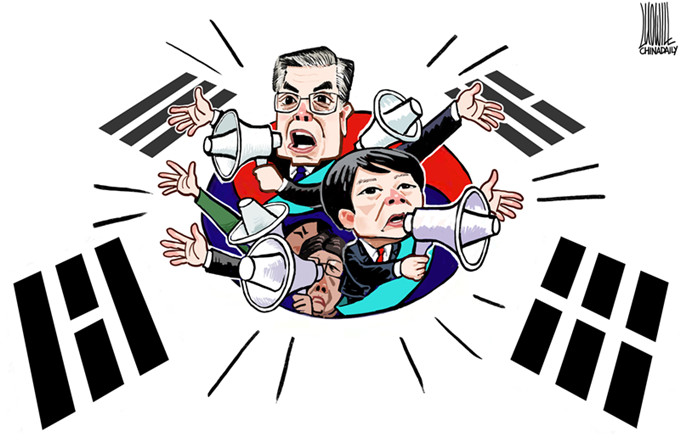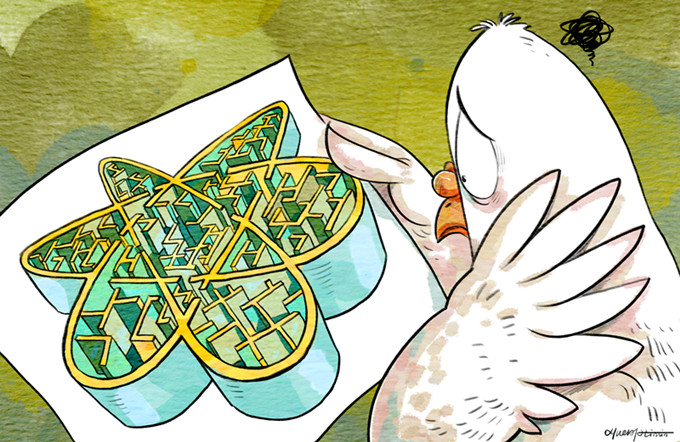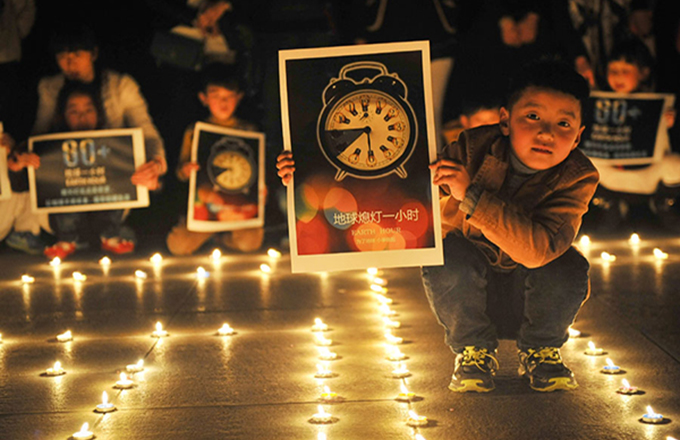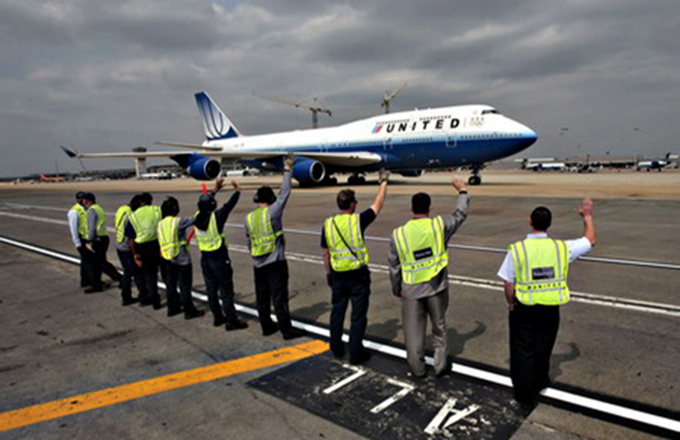Partners advance peace and development
In the statement, the two countries reiterated their respect for each other's right to choose their own social, economic and political development paths, on the basis that fundamental human rights and the rule of law are guaranteed, and they expressed opposition to the use of either's territories by other forces engaged in activities against the other. This, if implemented, is expected to help prevent the Dalai Lama clique from using some of its strongholds in India to conduct separatist activities against China.
In the context of their ever-expanding bilateral ties and their ever-growing global importance, the agreement reached between China and India to maintain regular high-level exchanges promises a direct channel for both sides to enhance political and strategic mutual trust and reduce or eradicate unnecessary misunderstandings when frictions or difficulties emerge.
Aside from outlining the two countries' efforts to pursue a smooth and deepened political relationship, the joint statement also outlined ways and measures to further boost their prospering economic and trade ties.
The two countries agreed on the role the Sino-Indian Strategic and Economic Dialogue has played in strengthening the coordination of macroeconomic policies and promoting pragmatic cooperation in a variety of areas. They also stated that they intend to further strengthen cooperation in energy conservation, environmental protection, new and renewable energy, as well as railways and high technology.
As two emerging economies there is huge potential for cooperation in such fields, which will help push bilateral cooperation to a new and higher level in the future. The greater efforts and a wide range of measures promised by both countries to increase the bilateral trade volume to $100 billion by 2025, will, as the joint statement says, bring more commercial opportunities for investors and enterprises.
Noting that enhanced interaction in the military field is conducive to building mutual trust and confidence, the statement also commits both countries to making greater efforts to increase bilateral military exchanges to enhance mutual trust. Undoubtedly, increased military trust between Beijing and Delhi will help reduce any military misgivings, maintain regional peace and stability and establish an open and transparent security and military cooperation framework in the region.
At the same time, the reiteration of both countries' resolute opposition to various forms of terrorism will promote bilateral policy coordination and cooperation in the fight against terrorism, a major element that threatens regional peace and stability.
As the two developing countries are both members of BRICS, G20 and other multilateral bodies, Li's maiden visit to India as China's premier and the issuance of the all-inclusive joint statement has shown the two Asian neighbors are closer together.
The bright prospect mapped out by the statement is a convincing example that countries can advance their ties and pursue mutually beneficial and win-win cooperation if they value their shared interests more than differences.
The author is a senior writer with China Daily. E-mail: wuyixue@chinadaily.com.cn



















